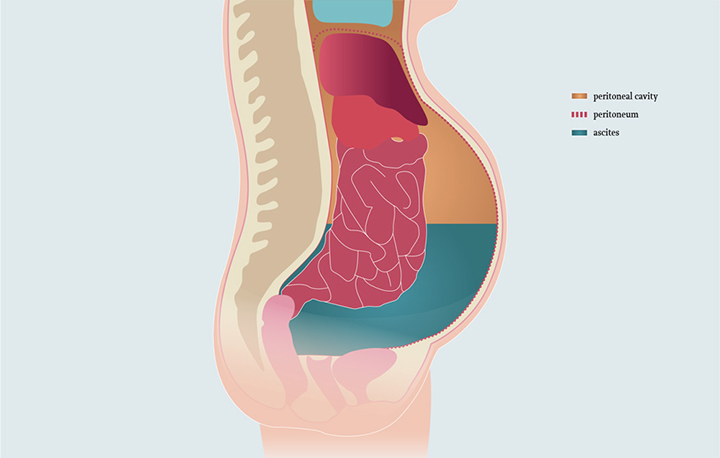Ascites refers to a condition in which there is excess fluid in the abdomen, specifically in the peritoneal cavity. People who have cirrhosis are most likely to develop ascites, although it’s also found in patients with cancer, heart disease, and pancreatitis.
Since the condition involves fluid buildup, symptoms include bloating, weight gain, and abdominal pain. Doctors can help with treatment by drainage, low salt intake, and diuretics, as well as other medications.
Food & Nutrition Diet (Meal Plan) for Ascites
#1 Recommended Breakfast Diet for Ascites

Since people with ascites experience abdominal pain and are recommended to reduce their salt intake, they should take careful considerations when planning their meals.
The best breakfast for someone with this condition includes low-sodium options. Keep away from processed foods and meats which usually have large amounts of salt.
Common breakfast favorites such as cereal, toast, and meats should be avoided. Instead, opt for natural oats, some fruits, or a yummy veggie omelet. Just go easy on salting it.
#2 Recommended Lunch Diet for Ascites
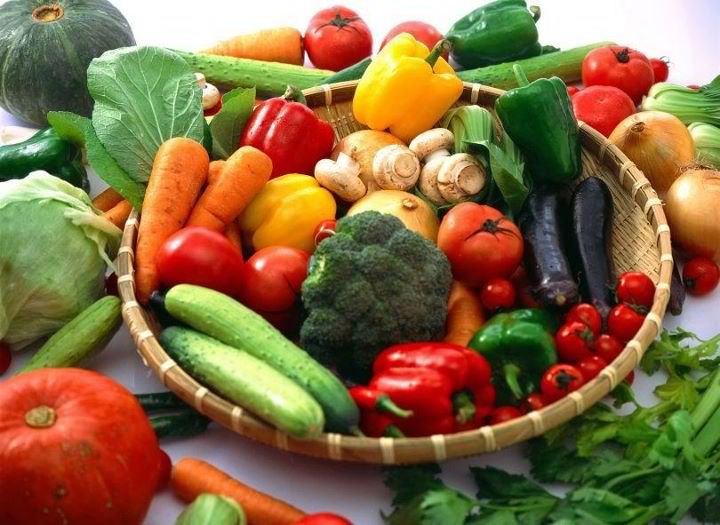
Again, processed meats like to make an appearance in many lunch menus, so it’s something that people with ascites need to be on the lookout for.
A sandwich might seem like a harmless idea, but the sodium content in cold cuts and deli meats can be astoundingly high. As for fast foods, it’s best to avoid them altogether.
These meals pack loads of salt, sugar, and fat, which isn’t good for anyone, especially those with medical conditions. That being said, lunchtime doesn’t have to be boring.
Low-sodium soups and cans of tuna can be viable options. Pack on the veggies or have a piece of fruit with it to round out the meal.
#3 Recommended Dinner Diet for Ascites
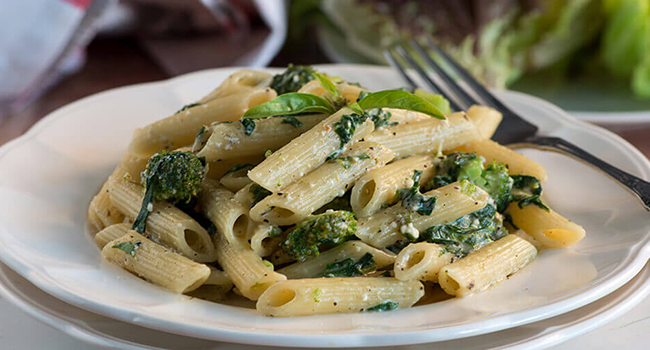
While laying off the saltshaker, people with ascites can enjoy a delectable dinner.
It’s best to have vegetables playing the starring role, and a variety of colors will ensure that all the essential vitamins and minerals are present.
Pasta or rice can complement the meal, and some fish or chicken could be added for some protein.
#4 Recommended Snack Diet for Ascites

Snacks can help individuals stay satisfied until their next meal, as well as keep their energy levels stable. Sometimes, ascites can cause abdominal pain or discomfort.
If someone developed the condition due to pancreatitis, then they might feel especially lousy.
Some light snacks include yogurt or maybe some veggies with hummus. Some people might like adding some nuts or berries to the yogurt for a more substantial snack.
These ideas could also make for great lighter meals if someone is having a hard time eating a full lunch or dinner.
#5 Recommended Drinks for Ascites

It may seem odd to recommend specific drinks for some with ascites. After all, they have too much fluid in their abdomen, so should they be drinking at all?
Well, of course they need to sip on something. Hydration is crucial for helping the body function properly.
The doctor may not even prescribe liquid restrictions for someone with ascites, it depends on the particular patient. Some people need to limit their intake of liquids, but others can have more slack.
It is important to remember, however, that water is present in lots of foods as well. Therefore, the water ingested from fruits and vegetables should be considered when determining a patient’s total water intake.
Patients also don’t have to worry about the extra sugar and calories in electrolyte drinks, such as Gatorade. Electrolyte drinks can be an excellent source for sodium and potassium. On a side note, coconut water contains electrolytes that can help patients stay hydrated.
#6 Recommended Herbs for Ascites
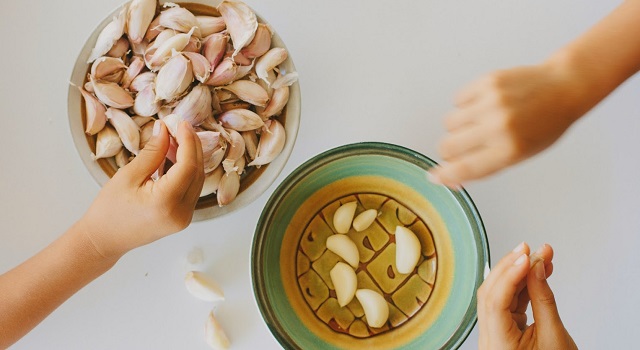
So often people underestimate the healing power of herbs. Even adding some garlic to a meal could make a difference.
For people with ascites, there are a few certain herbs that might be able to help. For instance, garlic has anti-inflammatory properties, so it’s a great addition to an ascites diet.
It may help decrease some of the bloating, as well as the pain and discomfort.
Adding specific herbs and roots to a tea could also be beneficial (or, if fluid restriction is a concern, some of these herbs come in supplement form).
Licorice is a natural diuretic, and burdock root has similar properties. Dandelion helps move digestion along, and can even kickstart the pancreas.
#7 Recommended Fruits for Ascites
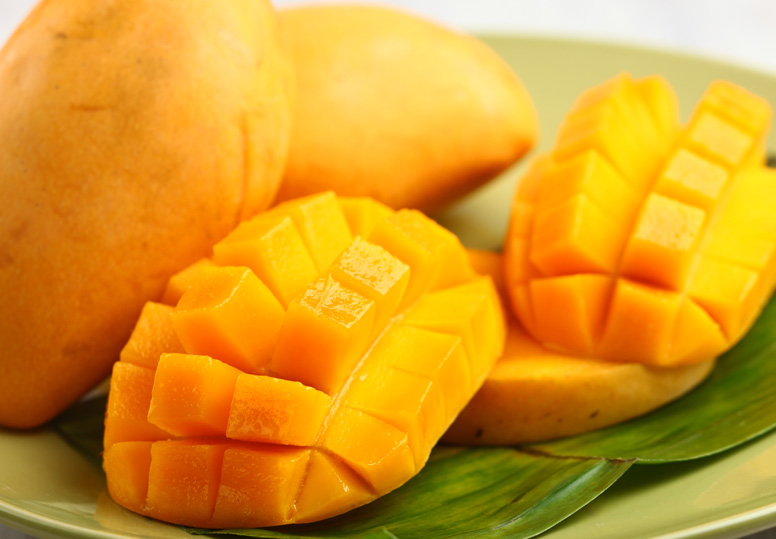
Mango is a tropical fruit, so it’s not in season all year round. Still, it’s a great aid for those suffering from ascites. The fruit’s polyphenols have anti-inflammatory properties, and they also work as a natural digestion aid.
Coconuts are another option that contain potassium and other beneficial electrolytes.
#8 Recommended Vitamins for Ascites

B vitamins are extremely helpful for removing toxins from the body. Since the majority of people with ascites have it because of the liver disease cirrhosis, detoxification is crucial.
B vitamins help the liver out with its natural detoxifying processes, and a supplement can be taken to ensure proper vitamin levels are reached. Vitamins C and E are helpful, too.
The antioxidants in Vitamin C also help with flushing toxins, and Vitamin E is beneficial for the pancreas.
#9 Recommended Minerals for Ascites
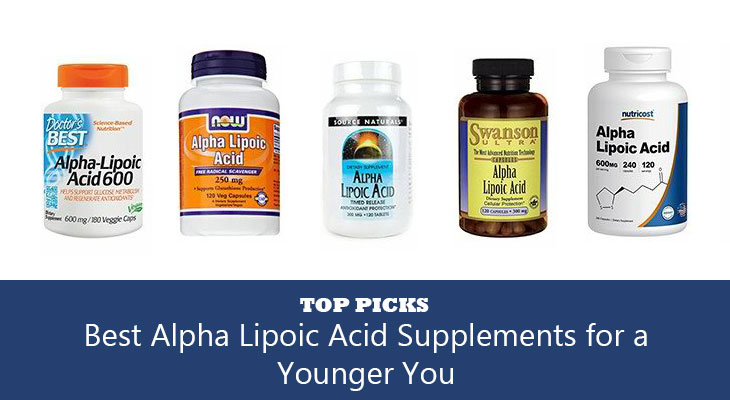
One beneficial mineral is selenium, which is a powerful antioxidant that may even help with the prevention of some cancers and heart disease.
For those into natural healing, bioflavonoids are phytochemicals that are found in a wide range of veggies. They improve liver function and may reduce the risk of heart disease.
An ALA (alpha linoleic acid) supplement may help those with ascites because it’s a naturally-occurring antioxidant that can potentially decrease the risk or effects of liver disease.
Finally, CoQ10 or Coenzyme Q10 that can help boost heart health. This links to ascites because the condition is sometimes brought about by heart diseases.
#10 Discouraged Foods for Ascites

Finally, people with ascites should stay away from foods and drinks with a lot of salt, as well as fatty foods, as this can negatively affect the liver and surrounding organs.
Caffeinated beverages have been shown to exacerbate the effects of liver disease, so some patients might want to stay away from it.
Refined and processed foods will only make the symptoms of ascites worse, so they’re a no-go as well.
All in all, sticking to a nutritious, low-salt diet and limiting liquids is the best course of action.
*If you have any concerns or questions about your health, you should always consult your doctor before making any changes to your diet or nutrition program.
- READ MORE

